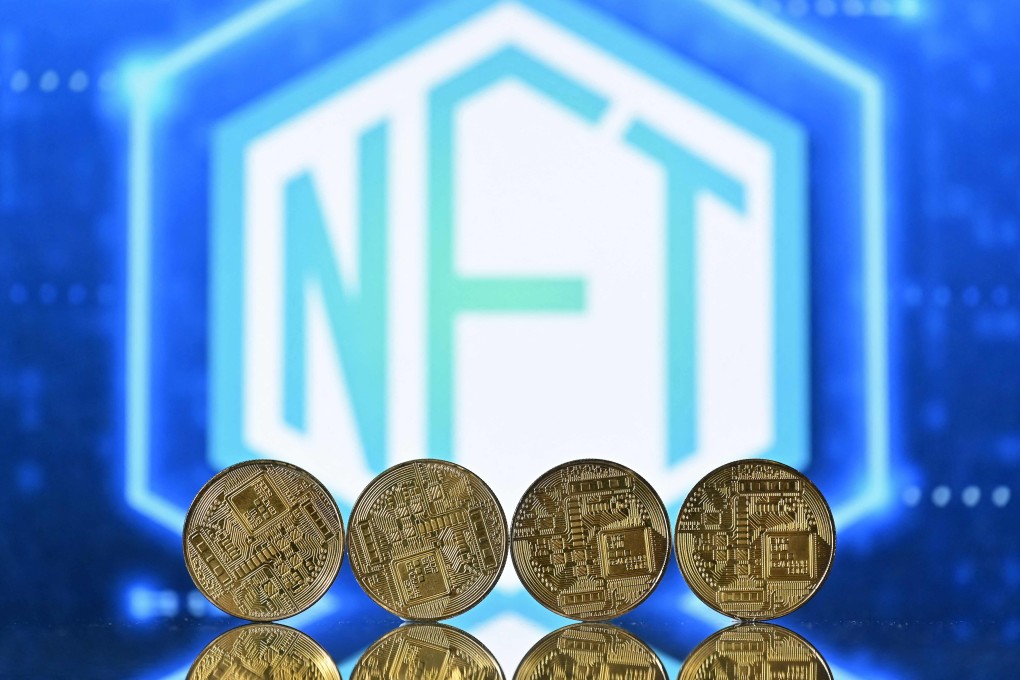Cryptocurrencies creep into US politics as candidates offer NFTs as incentives for donors
- Shrina Kurani, an engineer running for a House seat in California, and Blake Masters, vying for the Senate in Arizona, have offered NFTs as incentives for donors
- Cryptocurrency is still a ways off from becoming a regular source for contributions, and there are still questions about campaign finance regulations

US Congressional candidates are beginning to break into the world of cryptocurrency by selling non-fungible tokens (NFTs) to help finance their campaigns in the midterm elections.
Democrat Shrina Kurani, an engineer who is running for a House seat in California, and Republican Blake Masters, who is vying for the Senate in Arizona, have offered NFTs as incentives for donors, to varying degrees of success.
But these are still the early days of crypto’s push into politics. Few candidates have cashed in on its rise, which includes a 60 per cent gain in bitcoin’s value in 2021 and an NFT artwork selling for US$69.3 million at a Christie’s auction.
An NFT is “minted” with a unique digital certificate of authenticity using the same blockchain technology that creates bitcoin and other cryptocurrency. But it is meant to be held, sold, or traded as an asset, rather than used as currency, and it costs money to produce – as do campaign T-shirts and other swag.
“NFTs are our campaign merchandise,” Kurani said in an interview.
Kurani, who said she was the first to distribute NFTs to campaign donors through a digital marketplace called SolSea, said she is offering NFTs to seek support from a younger generation the way former President Donald Trump has used MAGA hats to raise millions of dollars from his supporters.
She raised only US$6,610 and gave out fewer than a dozen tokens when the offer expired at the end of December.